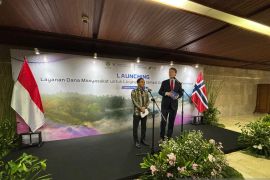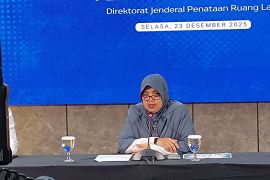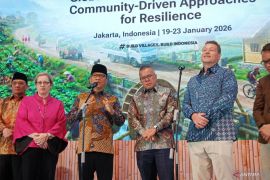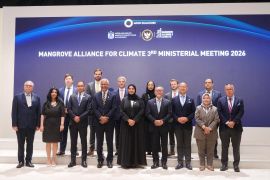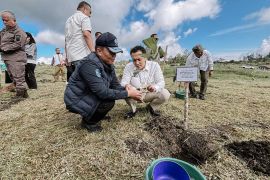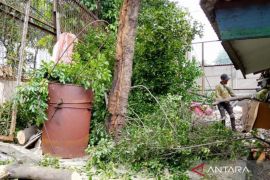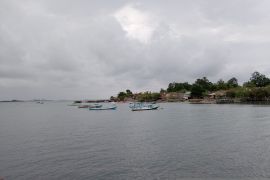Coordinating Minister for Food Zulkifli Hasan highlighted that climate change has brought extreme weather to Indonesia, which, in turn, has adversely affected crops and food production.
“Climate change could undermine our food security. Persistent weather anomalies could force Indonesia to rely heavily on imported rice,” he said at the Indonesia Net-Zero Summit 2025 in Jakarta on Saturday.
He then asserted that transitioning to clean energy and enhancing national resilience against climate change must not be seen as a burden, but a way to ensure the nation’s sustainability.
While Indonesia is willing and ready to promote and implement eco-friendly practices, it still needs financial and technological support from international partners to contribute optimally to the global push for environmental protection, the minister added.
Inadequate financial capacity remains a major stumbling block for Indonesia and many other developing countries in addressing climate change, he pointed out.
Related news: Danantara, JBIC partner to advance Indonesia's green economy
He then emphasized the importance of leveraging the economic value of carbon emissions, especially through the voluntary carbon market, to fund nature-based climate solutions.
He pointed out that Indonesia has the potential to absorb or reduce 1.5 gigatons equivalent of carbon dioxide annually through nature-based initiatives, valued at US$7.1 billion in the carbon market. However, less than 3 percent of this potential has been tapped so far.
The minister then highlighted Indonesia’s achievements in the fight against climate change, specifically the country’s success in lowering the deforestation rate to its lowest level in two decades and restoring 600 thousand hectares of mangroves out of the targeted 3.3 million hectares.
He added that the number of solar power plants, wind power plants, and bioenergy facilities has continued to grow in several regions, especially in eastern Indonesia.
Moreover, he noted that Indonesia has successfully cut emissions by 608 million metric tons of carbon dioxide equivalent, or 36.7 percent compared to total emissions under a business-as-usual scenario.
He affirmed that the government will continue to devise and implement strategies to tackle climate change, including greater efforts to slash carbon emissions from the food, forestry, and energy sectors.
Turning to global actions, he expressed the hope that the upcoming UN Climate Change Conference in Brazil in November 2025 will deliver concrete, effective, and fair solutions to the climate crisis.
Related news: Skilled workers key to Indonesia's green economy transition: minister
Translator: Shofi A, Tegar Nurfitra
Editor: Rahmad Nasution
Copyright © ANTARA 2025

